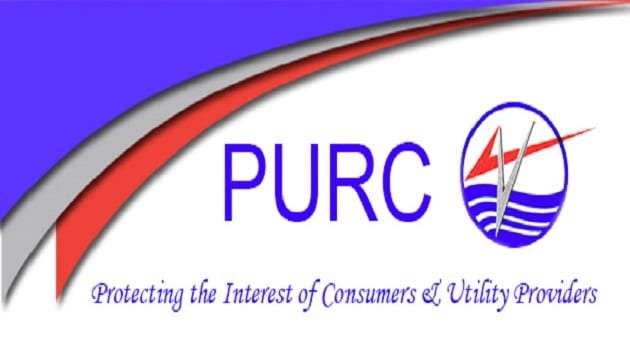The Ashanti Regional Office of the Public Utilities Regulatory Commission (PURC) has announced that it successfully resolved 377 out of 422 complaints received during the first quarter of 2025, representing a resolution rate of 89.3%.
The update was provided at a press conference in Kumasi by Richard Asiedu, the Commission’s Public Relations Officer. The complaints were filed against the Electricity Company of Ghana (ECG) and Ghana Water Limited (GWL), with the ECG accounting for the vast majority.
“Of the total complaints, 397 – accounting for 94.1% – were directed at ECG, while 25 complaints or 5.9% were made against GWL.”
Richard Asiedu, the Commission’s Public Relations Officer
The Commission’s efforts led to significant financial recoveries. According to the report, the PURC helped consumers reclaim GH₵52,129 in refunds from the utility providers.
Additionally, the Commission facilitated the recovery of GH₵108,371 as revenue due to the utilities themselves, ensuring balance in protecting both consumers and providers.
In addition to resolving individual consumer grievances, PURC facilitated financial compensation for infrastructure damages sustained by the utility companies.

“With the intervention of the regional office, GWL received GH₵6,000 in compensation from road construction firms for damage to its distribution infrastructure.”
Richard Asiedu, the Commission’s Public Relations Officer
Beyond financial redress, the regional PURC office carried out several critical technical interventions.
These included: “Replacement of three faulty electric poles, Replacement of two malfunctioning transformers, Repair and replacement of 30 defective electricity meters, Installation of four long-delayed service connections, and Repair of 30 pipe-bursts.”
These actions significantly improved service reliability for affected communities and demonstrated the Commission’s active oversight role.
Two strategic visits were conducted by national bodies — the Water Services and Performance Monitoring Directorate and the Energy Directorate — to assess regional performance and provide technical support.
In Obuasi, the Consumer Services Committee (CSC) continued its role in mediating local disputes and improving dialogue between utility companies and the public.
PURC to Strengthen Public Engagement

Mr. Asiedu emphasized that public outreach remains a priority for the Commission. In Q1, the Ashanti regional office strengthened its public education campaign through schools, religious groups, and media platforms, including local radio and television stations.
“We intensified our public engagement to raise awareness about consumer rights and the responsibilities of utility providers.
“We also distributed PURC contact leaflets to improve accessibility and ensure that consumers can easily report issues.”
Richard Asiedu, the Commission’s Public Relations Officer
As part of these outreach activities, PURC officials visited Kyerayanso in Atwima Mponua District and Kwapia in Adansi North District, where they conducted public education sessions and held complaint clinics—offering on-the-spot resolutions and direct engagement with consumers.
The Ashanti PURC’s performance in the first quarter of 2025 highlights the importance of proactive regulatory oversight in maintaining public trust and service quality in Ghana’s utility sector.
The ability to resolve nearly 90% of complaints and secure both consumer refunds and utility revenues reflects a balanced and efficient approach to regulation.
“Our work goes beyond resolving complaints. It’s about creating a more accountable and responsive utility sector that works for everyone.”
Richard Asiedu, the Commission’s Public Relations Officer
As PURC continues its consumer protection and utility oversight mandate, the Ashanti Regional office aims to streamline complaint resolution processes and strengthen collaboration with ECG and GWL.
The Commission reaffirmed its commitment to ensuring fairness and efficiency in Ghana’s electricity and water sectors.
For residents affected by utility disruptions, PURC remains a vital avenue for resolving disputes and advocating for service improvements.
Moving forward, stakeholders anticipate further enhancements in regulatory transparency, infrastructure development, and consumer rights awareness across the region.
READ ALSO: Mahama Promises Revamp of Tema Oil Refinery Through PPP



















